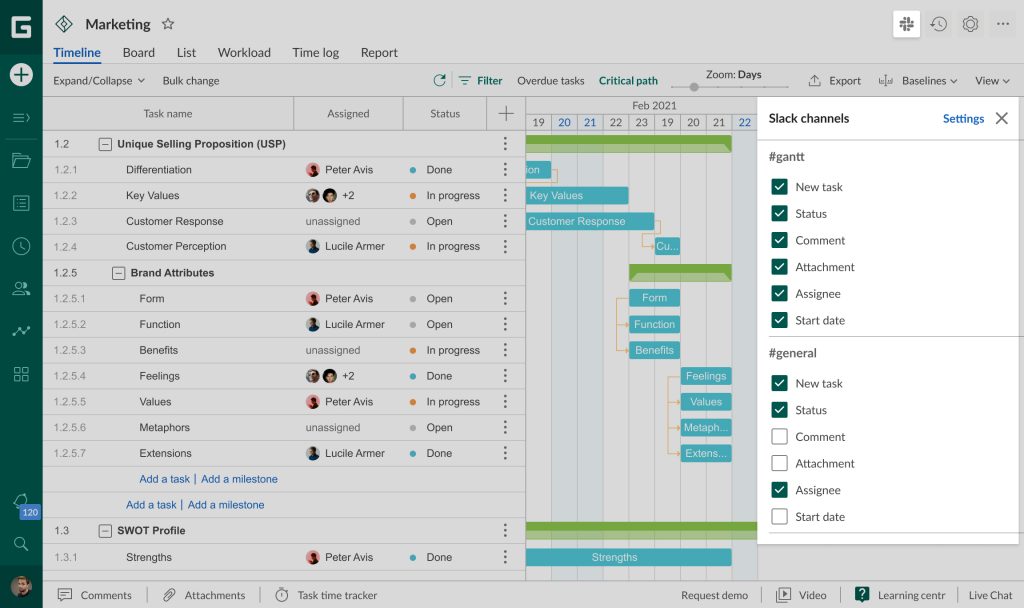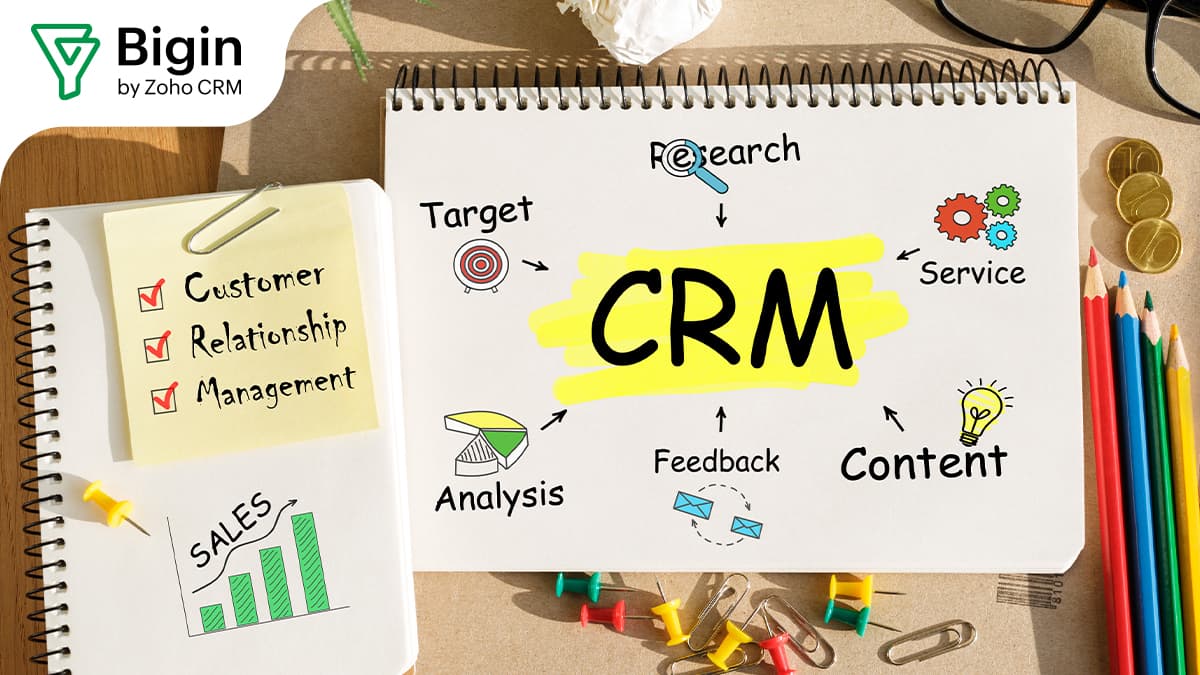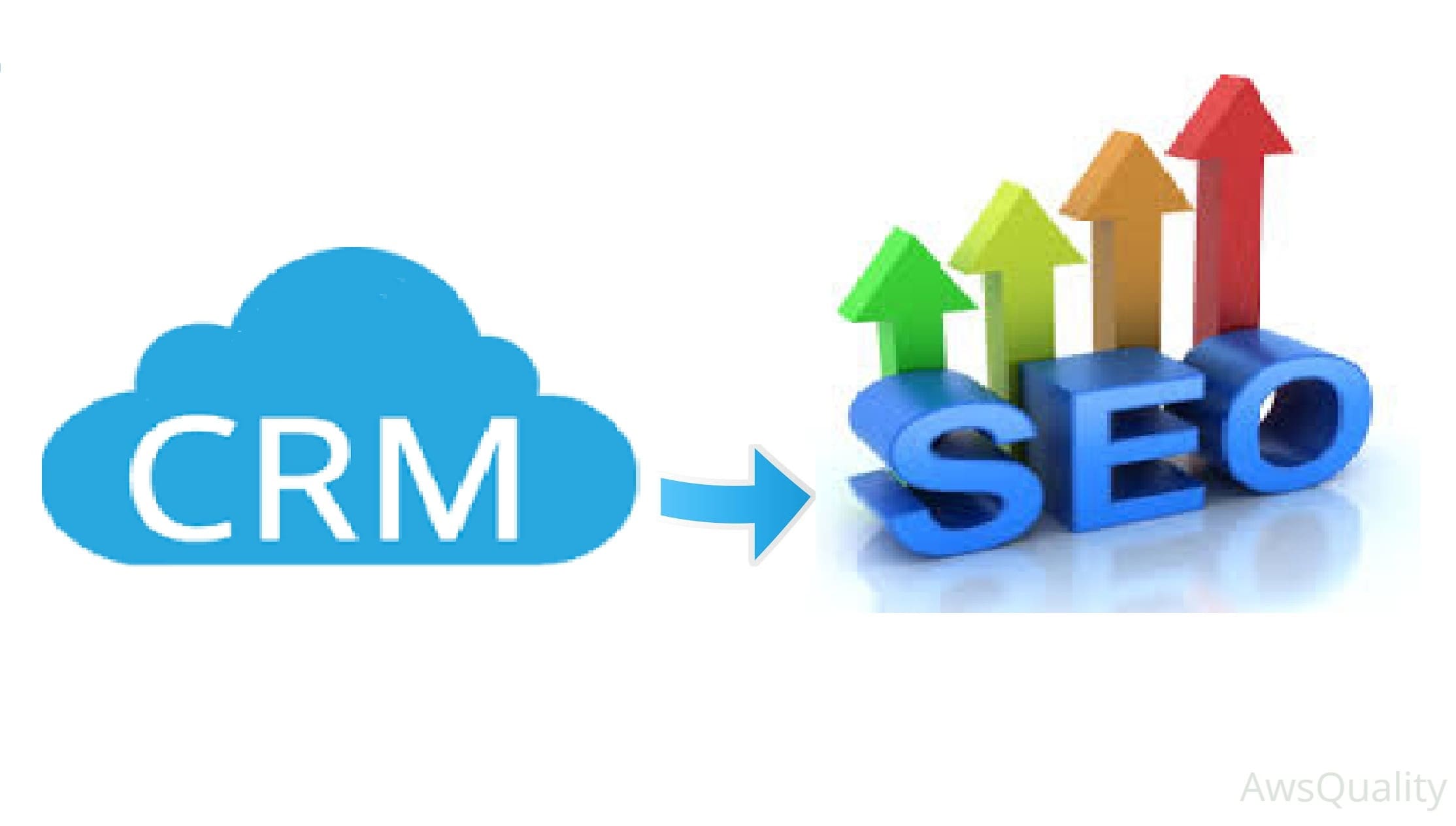Unlocking the Power of CRM Marketing: A Deep Dive
In today’s fiercely competitive business landscape, simply having a great product or service isn’t enough. Building and nurturing strong customer relationships is paramount to long-term success. This is where Customer Relationship Management (CRM) marketing comes into play. CRM marketing is more than just using a CRM system; it’s a strategic approach to understanding your customers, personalizing their experiences, and ultimately, driving revenue growth. This comprehensive guide will delve into the best practices of CRM marketing, providing you with the knowledge and tools to transform your customer interactions and achieve remarkable results.
What is CRM Marketing and Why Does it Matter?
At its core, CRM marketing involves using a CRM system to manage and analyze customer data throughout the customer lifecycle. This data includes everything from initial contact information to purchase history, support interactions, and feedback. By leveraging this information, businesses can:
- Understand Customer Behavior: Gain insights into customer preferences, needs, and pain points.
- Personalize Marketing Efforts: Tailor marketing messages and offers to individual customer segments.
- Improve Customer Experience: Provide seamless and consistent interactions across all touchpoints.
- Increase Customer Loyalty: Foster stronger relationships and encourage repeat business.
- Boost Revenue: Drive sales through targeted campaigns and improved customer retention.
In essence, CRM marketing is about putting the customer at the heart of your business strategy. It’s about building relationships, not just transactions. In today’s digital age, where customers have countless options, the businesses that prioritize customer experience are the ones that thrive. Failing to adopt a CRM marketing strategy is like navigating a maze blindfolded – you might stumble upon success occasionally, but you’ll likely miss out on numerous opportunities.
Essential CRM Marketing Best Practices
Implementing a successful CRM marketing strategy requires a multifaceted approach. Here are some of the most important best practices to keep in mind:
1. Choose the Right CRM System
The foundation of any effective CRM marketing strategy is the right CRM system. Selecting the ideal system depends on your specific business needs, size, and budget. Consider the following factors when choosing a CRM:
- Scalability: Can the system accommodate your future growth?
- Features: Does it offer the features you need, such as contact management, lead tracking, sales automation, marketing automation, and reporting?
- Integration: Does it integrate with your existing tools and systems, such as email marketing platforms, e-commerce platforms, and social media platforms?
- Ease of Use: Is it user-friendly and easy to learn for your team?
- Cost: Does it fit within your budget?
- Support: Does the vendor offer adequate support and training?
Research different CRM systems and compare their features, pricing, and reviews. Consider a free trial to test the system before making a commitment. Some popular CRM systems include Salesforce, HubSpot CRM, Zoho CRM, Microsoft Dynamics 365, and Pipedrive.
2. Data is King: Prioritize Data Quality and Management
Your CRM system is only as good as the data it contains. Poor data quality can lead to inaccurate insights, ineffective marketing campaigns, and frustrated customers. Here’s how to prioritize data quality:
- Data Collection: Implement clear processes for collecting customer data, ensuring accuracy and completeness. Use forms, surveys, and other methods to capture relevant information.
- Data Cleansing: Regularly clean and update your data to remove duplicates, correct errors, and ensure consistency.
- Data Segmentation: Segment your customer data based on demographics, behavior, purchase history, and other relevant criteria. This allows you to personalize your marketing efforts.
- Data Security: Protect your customer data with robust security measures to comply with privacy regulations and prevent data breaches.
Regularly review and audit your data to identify and address any issues. Data quality is an ongoing process, not a one-time task.
3. Segment, Segment, Segment: Tailor Your Messaging
One of the most significant advantages of CRM marketing is the ability to segment your audience and tailor your messaging. Instead of sending generic marketing messages to everyone, you can create targeted campaigns that resonate with specific customer segments. This leads to higher engagement rates, improved conversion rates, and stronger customer relationships.
Here are some ways to segment your audience:
- Demographics: Age, gender, location, income, education, etc.
- Behavior: Website activity, purchase history, email engagement, social media activity, etc.
- Purchase History: Products purchased, frequency of purchases, average order value, etc.
- Customer Lifecycle Stage: Lead, prospect, customer, loyal customer, etc.
- Interests: Based on survey responses, website activity, or social media engagement.
Once you’ve segmented your audience, you can create personalized marketing messages and offers that are relevant to each segment. For example, you could send a welcome email to new subscribers, a product recommendation email to customers who have recently purchased a related product, or a special offer to loyal customers.
4. Automate for Efficiency and Personalization
Marketing automation is a powerful tool that can streamline your CRM marketing efforts and improve efficiency. By automating repetitive tasks, you can free up your team’s time to focus on more strategic initiatives. Automation also allows you to personalize your marketing messages at scale.
Here are some ways to use marketing automation:
- Email Marketing: Automate email campaigns, such as welcome emails, nurture sequences, and abandoned cart emails.
- Lead Scoring: Automatically score leads based on their behavior and engagement.
- Workflow Automation: Automate workflows, such as lead routing, task creation, and follow-up reminders.
- Personalized Content: Use dynamic content to personalize website pages, emails, and other marketing materials based on customer data.
Choose a marketing automation platform that integrates with your CRM system and offers the features you need. Popular marketing automation platforms include HubSpot Marketing Hub, Marketo, Pardot, and ActiveCampaign.
5. Leverage Customer Feedback
Customer feedback is invaluable for improving your products, services, and overall customer experience. Use your CRM system to collect and analyze customer feedback. This can include:
- Surveys: Send surveys to customers to gather feedback on their experiences.
- Reviews: Monitor online reviews and respond to customer feedback.
- Social Media Monitoring: Track mentions of your brand on social media and respond to comments and questions.
- Customer Service Interactions: Analyze customer service interactions to identify areas for improvement.
Use the feedback you collect to identify areas where you can improve your products, services, and customer service. This will help you to build stronger customer relationships and increase customer loyalty.
6. Integrate Sales and Marketing
Aligning your sales and marketing teams is crucial for a successful CRM marketing strategy. When sales and marketing work together, they can create a seamless customer experience, improve lead generation, and increase sales. Here’s how to integrate your sales and marketing efforts:
- Shared Goals: Establish shared goals and metrics for sales and marketing, such as lead generation, conversion rates, and revenue.
- Lead Qualification: Define a clear lead qualification process to ensure that sales reps are only following up on qualified leads.
- Lead Hand-off: Implement a smooth lead hand-off process between marketing and sales, ensuring that leads are followed up on promptly.
- Communication: Encourage regular communication between sales and marketing teams to share insights and feedback.
- Shared CRM System: Use a shared CRM system to provide both sales and marketing teams with access to the same customer data.
By integrating sales and marketing, you can create a more efficient and effective sales process, leading to higher conversion rates and increased revenue.
7. Track, Measure, and Optimize
CRM marketing is an ongoing process. It’s essential to track your results, measure your performance, and optimize your campaigns for maximum impact. Here are some key metrics to track:
- Customer Acquisition Cost (CAC): The cost of acquiring a new customer.
- Customer Lifetime Value (CLTV): The predicted revenue a customer will generate over their lifetime.
- Conversion Rates: The percentage of leads that convert into customers.
- Customer Retention Rate: The percentage of customers who remain customers over a specific period.
- Customer Satisfaction (CSAT): Customer satisfaction scores.
- Net Promoter Score (NPS): Measures customer loyalty and willingness to recommend your business.
Use these metrics to identify what’s working and what’s not. Regularly analyze your data, make adjustments to your campaigns, and test new strategies to improve your results. A/B testing is a valuable tool for optimizing your marketing efforts.
8. Prioritize Mobile Optimization
With the increasing use of mobile devices, it’s crucial to optimize your CRM marketing efforts for mobile. Ensure that your website, emails, and other marketing materials are mobile-friendly. This includes:
- Responsive Design: Use responsive design to ensure that your website and emails adapt to different screen sizes.
- Fast Loading Speed: Optimize your website and emails for fast loading speeds.
- Mobile-Friendly Forms: Use mobile-friendly forms to make it easy for customers to submit information on their mobile devices.
- Mobile-First Content: Prioritize mobile-first content, ensuring that your most important information is easily accessible on mobile devices.
Mobile optimization is not just about making your content look good on mobile devices; it’s about providing a seamless and user-friendly experience for mobile users. Mobile-optimized content is critical for driving engagement and conversions.
9. Personalization Beyond the Basics
While segmentation is a great starting point, true CRM marketing excellence goes beyond basic segmentation. It involves hyper-personalization, using customer data to create truly individualized experiences. This means tailoring your messages, offers, and content to each individual customer’s needs, preferences, and behaviors.
Here are some ways to personalize your marketing efforts:
- Personalized Recommendations: Recommend products or services based on a customer’s past purchases, browsing history, or interests.
- Dynamic Content: Use dynamic content to personalize website pages, emails, and other marketing materials based on customer data.
- Behavioral Triggers: Send triggered emails based on customer behavior, such as abandoned cart emails or welcome emails.
- Personalized Offers: Offer personalized discounts, promotions, or rewards based on a customer’s individual needs and preferences.
Hyper-personalization requires a deeper understanding of your customers and the ability to leverage data to create truly individualized experiences. It’s a key differentiator in today’s competitive market.
10. Compliance with Privacy Regulations
In today’s world, data privacy is of utmost importance. You must comply with all relevant privacy regulations, such as GDPR and CCPA, to protect your customer data and maintain their trust. This includes:
- Data Security: Implement robust security measures to protect customer data from unauthorized access, use, or disclosure.
- Transparency: Be transparent about how you collect, use, and share customer data.
- Consent: Obtain consent from customers before collecting and using their data.
- Data Minimization: Only collect the data that you need.
- Right to Access, Rectification, and Erasure: Provide customers with the right to access, rectify, and erase their data.
Compliance with privacy regulations is not just a legal requirement; it’s essential for building trust with your customers. Violating privacy regulations can lead to significant fines and damage your brand reputation.
The Benefits of CRM Marketing: Why It’s Worth the Effort
Investing in CRM marketing offers a multitude of benefits for businesses of all sizes. From improved customer relationships to increased revenue, the advantages are undeniable.
- Improved Customer Relationships: CRM marketing helps you build stronger relationships with your customers by providing personalized experiences and demonstrating that you care about their needs.
- Increased Customer Loyalty: By providing excellent customer service and personalized experiences, you can increase customer loyalty and encourage repeat business.
- Higher Customer Retention Rates: Retaining existing customers is often more cost-effective than acquiring new ones. CRM marketing helps you to improve customer retention rates by addressing their needs and providing ongoing value.
- Increased Revenue: By targeting your marketing efforts and providing personalized offers, you can increase sales and revenue.
- Improved Marketing ROI: CRM marketing helps you to optimize your marketing efforts and improve your return on investment (ROI).
- Enhanced Sales Productivity: CRM systems streamline the sales process, allowing sales reps to focus on closing deals and building relationships.
- Better Decision-Making: CRM systems provide valuable data and insights that can help you make better business decisions.
- Competitive Advantage: In today’s competitive market, CRM marketing can give you a significant competitive advantage by allowing you to build stronger customer relationships and provide better customer experiences.
The benefits of CRM marketing extend far beyond simply tracking customer data. It’s about creating a customer-centric culture where every interaction is designed to build relationships, foster loyalty, and drive growth.
Getting Started with CRM Marketing: A Step-by-Step Guide
Implementing a CRM marketing strategy can seem daunting, but it doesn’t have to be. Here’s a step-by-step guide to get you started:
- Define Your Goals: What do you want to achieve with CRM marketing? Increase sales? Improve customer retention? Define clear, measurable goals.
- Choose a CRM System: Select a CRM system that meets your needs and budget (as discussed earlier).
- Clean Your Data: Clean and organize your existing customer data.
- Segment Your Audience: Divide your audience into segments based on demographics, behavior, and other criteria.
- Create Targeted Campaigns: Develop personalized marketing campaigns for each segment.
- Automate Your Processes: Automate repetitive tasks to save time and improve efficiency.
- Track and Measure Your Results: Monitor your key metrics and make adjustments as needed.
- Continuously Improve: CRM marketing is an ongoing process. Continuously test, learn, and improve your strategies.
By following these steps, you can create a successful CRM marketing strategy that drives results for your business.
Common Pitfalls to Avoid
While CRM marketing offers significant benefits, there are some common pitfalls to avoid. Being aware of these can help you to steer clear of mistakes and maximize the success of your CRM initiatives.
- Choosing the Wrong CRM System: Selecting a system that doesn’t meet your needs or isn’t user-friendly can hinder your efforts.
- Poor Data Quality: Inaccurate or incomplete data can lead to ineffective marketing campaigns and poor customer experiences.
- Lack of Integration: Failure to integrate your CRM system with your other tools and systems can limit its functionality.
- Ignoring Customer Feedback: Not listening to customer feedback can lead to dissatisfaction and churn.
- Not Training Your Team: Without proper training, your team won’t be able to effectively use your CRM system.
- Lack of Personalization: Failing to personalize your marketing efforts can lead to low engagement rates.
- Not Measuring Results: Without tracking and measuring your results, you won’t be able to optimize your campaigns.
- Neglecting Mobile Optimization: Failing to optimize your marketing efforts for mobile devices can limit your reach and engagement.
- Ignoring Privacy Regulations: Failing to comply with privacy regulations can lead to legal and reputational damage.
By avoiding these common pitfalls, you can increase your chances of success with CRM marketing.
The Future of CRM Marketing
The landscape of CRM marketing is constantly evolving. As technology advances, new trends and innovations are emerging. Here are some of the key trends to watch:
- Artificial Intelligence (AI): AI is being used to personalize marketing messages, automate tasks, and gain deeper insights into customer behavior.
- Machine Learning (ML): ML algorithms are being used to predict customer behavior and personalize recommendations.
- Voice Search Optimization: Optimizing marketing content for voice search is becoming increasingly important.
- Chatbots and Conversational Marketing: Chatbots and conversational marketing are being used to provide instant customer support and personalized experiences.
- Hyper-Personalization: The trend towards hyper-personalization is continuing, with businesses using data to create truly individualized experiences.
- Customer Data Platforms (CDPs): CDPs are being used to centralize customer data from multiple sources.
Staying ahead of these trends is critical for maintaining a competitive advantage in the ever-evolving world of CRM marketing.
Conclusion: Embrace CRM Marketing for Sustained Success
CRM marketing is no longer optional; it’s a necessity for businesses that want to thrive in today’s customer-centric world. By implementing the best practices outlined in this guide, you can build stronger customer relationships, drive revenue growth, and achieve sustainable success. Embrace the power of CRM marketing, and watch your business flourish. Remember, it’s not just about managing data; it’s about building meaningful connections with your customers, fostering loyalty, and creating a truly customer-centric culture.




